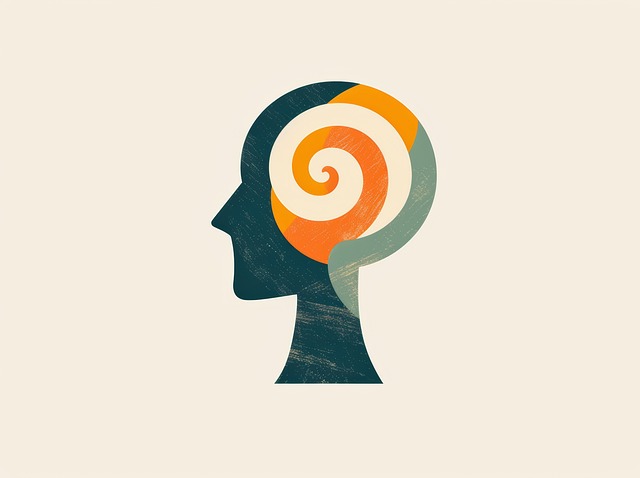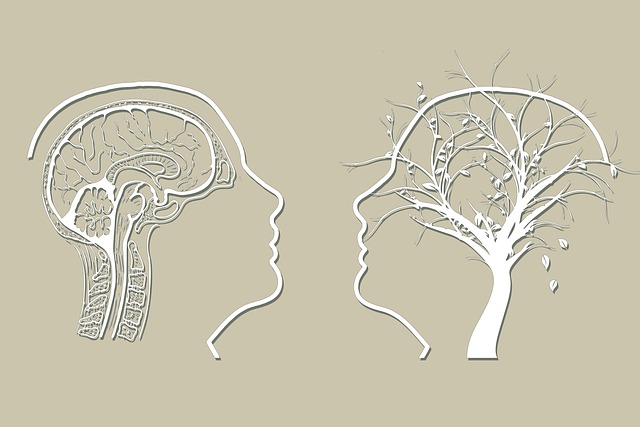Mental health professionals face unique risks treating young adults with psychosis, including emotional stressors and peer pressures. Integrating stress management workshops and evidence-based practices empowers clients with coping strategies. Comprehensive risk assessment involves identifying vulnerabilities from recent life changes to family history, requiring tailored therapy incorporating emotional healing and stress reduction. Advanced analytics and cultural sensitivity revolutionize monitoring, enabling timely interventions in Therapy for Young Adults Psychosis.
Mental health professionals face unique challenges, particularly when treating young adults with psychosis. This comprehensive guide explores the intricate process of risk assessment, delving into the hidden hazards within therapy settings. We dissect specific risks associated with young adult psychosis cases, offering insights on vulnerability factors. Furthermore, it provides practical strategies for mitigation and emphasizes continuous monitoring in dynamic treatment environments. By understanding these aspects, professionals can enhance patient safety and improve outcomes in therapy for young adults with psychosis.
- Understanding the Risks: Uncovering Potential Hazards in Therapy Settings
- Assessing Vulnerabilities: Identifying Factors that Elevate Risk in Young Adult Psychosis Cases
- Strategies for Mitigation: Implementing Safeguards and Interventions
- Continuous Monitoring: Adapting Risk Assessment Practices in Evolving Treatment Environments
Understanding the Risks: Uncovering Potential Hazards in Therapy Settings

In the therapeutic landscape catering to young adults dealing with psychosis, mental health professionals must possess a keen awareness of the unique risks inherent in their practice. Therapy settings, while nurturing and supportive, can inadvertently expose both clients and practitioners to potential hazards. These range from emotional stressors related to trauma disclosure to the complex management of medication side effects. Understanding these risks is paramount for fostering a safe environment that facilitates mental wellness.
One such risk is the impact of intense emotions experienced during therapy sessions, especially when addressing profound psychological issues. Additionally, professionals must be attuned to the challenges faced by young adults navigating their mental health journey, including peer pressure, academic stressors, and social isolation. Moreover, integrating evidence-based stress management workshops within the therapeutic framework can empower clients with effective stress reduction methods. Organizations dedicated to mental wellness play a crucial role in providing resources for both professionals and clients, ensuring that therapy settings remain conducive to healing and growth.
Assessing Vulnerabilities: Identifying Factors that Elevate Risk in Young Adult Psychosis Cases

In mental health assessment, identifying vulnerabilities is a critical step for managing and mitigating risks in young adult psychosis cases. Several factors can elevate risk levels, including recent life changes, family history, trauma, and pre-existing mental health conditions. These elements often intertwine, creating complex web of influences that necessitate a thorough evaluation. By meticulously exploring these aspects, therapists can gain valuable insights into an individual’s emotional landscape.
Understanding the unique challenges faced by young adults experiencing psychosis involves incorporating stress reduction methods and emotional healing processes tailored to their specific needs. This personalized approach not only supports recovery but also empowers individuals to navigate their mental wellness journey effectively. Moreover, integrating knowledge from emerging research and considering the potential impact of social dynamics and cultural factors can enhance the quality of therapy for young adults grappling with psychosis, potentially leading to more successful outcomes.
Strategies for Mitigation: Implementing Safeguards and Interventions

In the realm of mental health professional risk assessment, implementing robust strategies for mitigation is paramount to ensuring safe and effective therapy practices, particularly when catering to young adults grappling with psychosis. One key approach involves establishing comprehensive safeguards within therapeutic settings. This includes structured protocols for crisis management, regular supervision sessions, and clear guidelines for boundary setting and client management. By fostering an environment that prioritizes emotional intelligence, therapists can enhance their ability to recognize early warning signs of distress in clients, enabling timely interventions.
Additionally, integrating Trauma Support Services into the therapy framework proves invaluable. Many young adults with psychosis have a history of trauma, and addressing these underlying issues through specialized treatments can significantly mitigate risks. The Mental Wellness Podcast Series Production can also play a role by providing accessible resources that educate both professionals and clients on managing mental health challenges. This multimedia approach enriches the therapeutic process, enhancing emotional intelligence and promoting proactive risk mitigation strategies.
Continuous Monitoring: Adapting Risk Assessment Practices in Evolving Treatment Environments

In today’s dynamic mental healthcare landscape, continuous monitoring is transforming risk assessment practices for professionals working with young adults experiencing psychosis. Adapting to evolving treatment environments requires a nuanced approach that incorporates real-time data and ongoing evaluation. By implementing sophisticated monitoring tools and advanced analytics, clinicians can identify subtle changes in patient symptoms and behavioral patterns, enabling prompt interventions. This proactive strategy ensures that therapy for young adults with psychosis receives the necessary attention and adjustment as their conditions fluctuate.
Cultural sensitivity in mental healthcare practice plays a pivotal role in this context. Understanding the unique cultural backgrounds and personal experiences of patients enriches risk assessment by providing insights into potential triggers and coping mechanisms. Integrating mind over matter principles further enhances this process, empowering young adults to actively participate in their recovery. Through continuous monitoring and culturally sensitive care, mental health professionals can deliver tailored interventions that promote effective mood management, fostering a holistic approach to treating psychosis.
Mental health professionals play a crucial role in treating young adults with psychosis, but they are not immune to risks. By understanding and identifying potential hazards within therapy settings, assessing vulnerabilities specific to this demographic, and implementing robust strategies for mitigation, practitioners can create safer environments. Continuous monitoring of risk assessment practices is essential as treatment environments evolve. Through these proactive measures, therapists can better support their young adult clients while minimizing the likelihood of adverse outcomes in therapy, ensuring more effective therapy for young adults psychosis.













